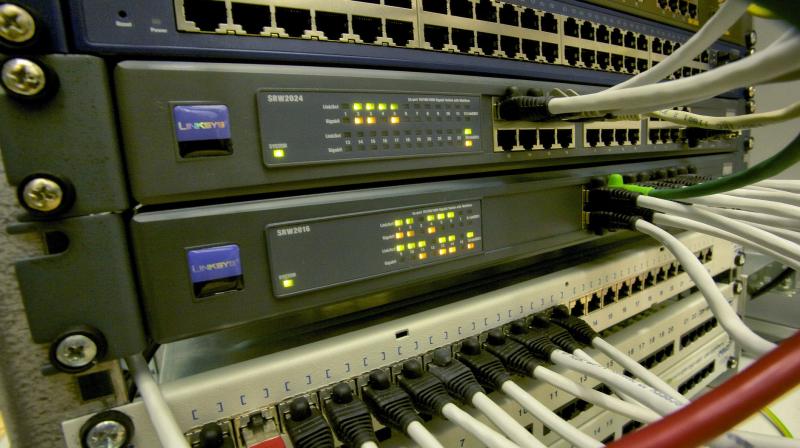India's Digital journey on a fast track
The forecast for 2019 says 90% organisations will have adopted hybrid infrastructure management by 2020.

Recent technological developments such as the push for the digitisation of businesses and the stress on data localisation have propelled India to embark on a digital transformation journey, underpinned by the increased adoption of hybrid clouds and growth of data centres. While the former provides the runway for innovation, the second catalyses it. Businesses are rapidly adapting to this change as they rework their structure to stay relevant and efficient in the industry. According to a recent report by Gartner, digital transformation is a top priority for Indian CIOs, with 46% of Indian CIOs stating that their organisations have either changed their business models or are in the process of changing them.
Balaji Subramaniam, National Business Manager, Digital Infrastructure and Hybrid Cloud for Dimension Data India, highlights more for India’s future. “This pivot toward hybrid cloud computing has enabled organisations to modernise their core IT infrastructure, thus enabling new digital strategies using the innovative tools and techniques at their disposal. Companies now not only want the flexibility and cost benefits that come with public cloud but also security and control that a private cloud assures.”
“As per Dimension Data’s Tech Trends forecast for 2019, 90% of organisations will have adopted hybrid infrastructure management capabilities by 2020. Considering the volatile nature of the evolving market, business needs undergo constant changes, and so one needs an infrastructure that can quickly adapt to meet these changing needs and also facilitate customisation. As a result, digital infrastructure today is becoming programmable end-to-end. Dimension Data’s Tech Trends report also predicts that the market share of programmable data centre infrastructure will grow at 20% between 2018 and 2024,” added Subramaniam.
Businesses are no longer moving to hybrid clouds merely to jump on the bandwagon – hybrid cloud computing provides scope for faster innovation and answers the challenge of capacity limitation, thus improving business agility. A unified IT environment that incorporates both the public and private cloud resources will not only simplify and standardize the processes; it will also work as a bridge between enterprise IT and the line of business. Gartner forecasts that hybrid cloud solutions will drive the overall adoption of cloud computing itself in India. Furthermore, it also expects the public cloud services market in India to be worth $4.1 billion by 2020.
This digital transformation has a dual benefit. First, and most directly, it increases the productivity of businesses at lower operational costs. Second, companies leverage the power of cloud computing – in particular, the amalgamation of cloud-powered technologies such as AI, analytics and IOT – combined with their data centres to build smarter operations that create value for their customers.
While hybrid cloud computing is becoming all pervasive, covering verticals across industries, it still has some road to cover. Cybersecurity remains a major reason for reluctance for organisations that have not adopted it. The recent shift in the nature of cyberattacks, combined with the ever-present risk of insider threats, has made organisations prioritise their security frameworks. We predict that cybersecurity will become more intelligence-driven in the months to come as organisations focus on cloud- based security systems, for a faster, more predictive and more robust security framework.
Initiatives like MeghRaj is making strides in the right direction that promote the adoption of digital infrastructure in the country as it brings together all the government applications and services under one umbrella. India is simultaneously working on its readiness for cloud computing; consider, as an example, its data protection bill and the government giving priority to data localisation. This assists the growth of data centres in the country and bolsters economic growth, given the rise of data as the capital of the new age. However, India must still deal with large-scale security and privacy concerns, concerns that private organisations are already battling with. In addition, the rate of the adoption of hybrid cloud computing is slowed by a broadband infrastructure that needs to be strengthened. India needs a systematic legal framework to alleviate cybersecurity and privacy concerns, along with a more upscale broadband infrastructure, to accelerate the use of hybrid cloud computing.

